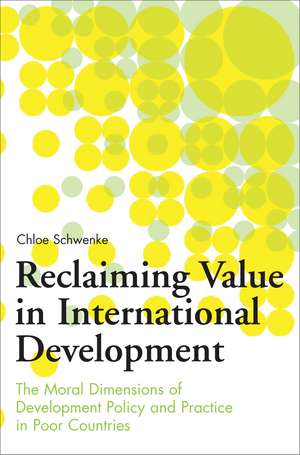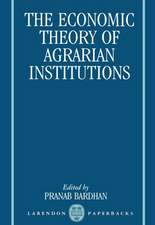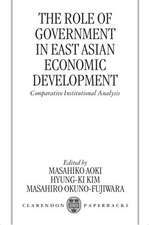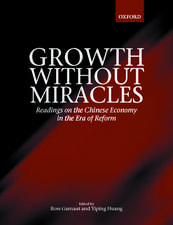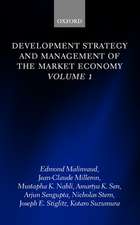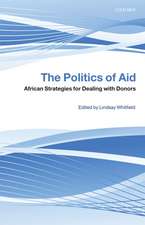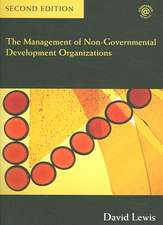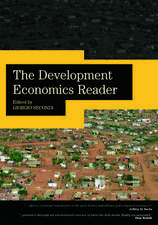Reclaiming Value in International Development: The Moral Dimensions of Development Policy and Practice in Poor Countries
Autor Chloe Schwenkeen Limba Engleză Paperback – 29 dec 2008 – vârsta până la 17 ani
| Toate formatele și edițiile | Preț | Express |
|---|---|---|
| Paperback (1) | 177.83 lei 6-8 săpt. | |
| Bloomsbury Publishing – 29 dec 2008 | 177.83 lei 6-8 săpt. | |
| Hardback (1) | 344.98 lei 6-8 săpt. | |
| Bloomsbury Publishing – 29 dec 2008 | 344.98 lei 6-8 săpt. |
Preț: 177.83 lei
Preț vechi: 232.02 lei
-23% Nou
Puncte Express: 267
Preț estimativ în valută:
34.04€ • 35.03$ • 28.70£
34.04€ • 35.03$ • 28.70£
Carte tipărită la comandă
Livrare economică 01-15 martie
Preluare comenzi: 021 569.72.76
Specificații
ISBN-13: 9780313363344
ISBN-10: 031336334X
Pagini: 188
Dimensiuni: 156 x 235 x 20 mm
Greutate: 0.3 kg
Editura: Bloomsbury Publishing
Colecția Praeger
Locul publicării:New York, United States
ISBN-10: 031336334X
Pagini: 188
Dimensiuni: 156 x 235 x 20 mm
Greutate: 0.3 kg
Editura: Bloomsbury Publishing
Colecția Praeger
Locul publicării:New York, United States
Notă biografică
Chloe Schwenke is a Senior Associate at Creative Associates International and an Adjunct Professor of Applied Ethics at the School of Advanced International Studies, Johns Hopkins University, at the Public Policy Institute, Georgetown University, and at the School of Public Policy, University of Maryland. She has advised the World Bank, Inter-American Development Bank, United Nations Development Program, US Agency for International Development, and leading NGOs on applied ethics, anti-corruption, governance and civil society, leadership training, and urban planning. She was Fulbright Professor of Ethics and Public Management at Makerere University in Kampala, Uganda. She spent 30 years as a development project manager and ethics advisor in developing countries in Asia, the Middle East, Latin America, and Africa. Until 2008 she worked and published as Stephen Schwenke. She is co-author with David A. Crocker of The Relevance of Development Ethics for USAID.
Cuprins
Chapter 1 IntroductionChapter 2 EducationChapter 3 LeadershipChapter 4 ParticipationChapter 5 Corruption and IntegrityChapter 6 HungerChapter 7 ConflictChapter 8 UrbanizationChapter 9 MinoritiesChapter 10 Ethical Performance
Recenzii
Schwenke (applied ethics, School of Advanced International Studies, Johns Hopkins U.), brings her training as a development practitioner and trained ethicist to the topic of morals as they relate to development issues in poor countries. Many of the anecdotes and experiences referred to in the book are placed in Uganda, where the author taught for a year. Nine key international development topics, including education, leadership, food security, gender identity and sexual orientation, and deliberative participation are examined from the perspective of universal ethical standards such as human dignity, essential freedoms, social justice, and equality.
